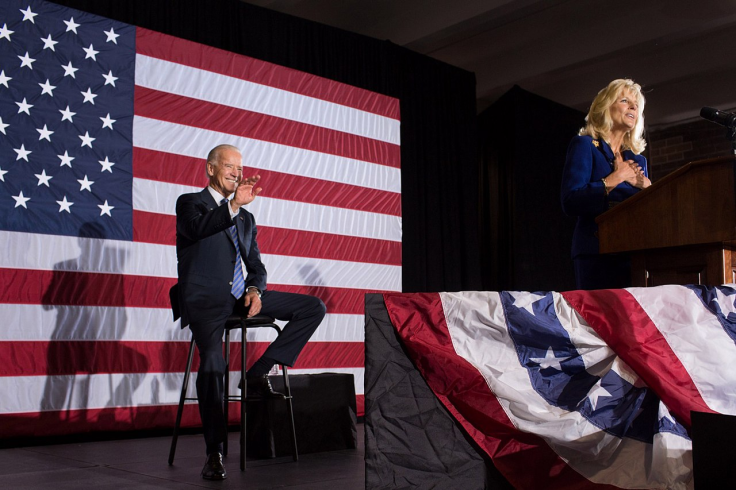A recent survey by the University of Chicago Harris School of Public Policy and The Associated Press-NORC Center for Public Affairs Research highlights the controversy surrounding President Joe Biden's approach to student loan debt.
The results indicate that less than a third of U.S. adults approve of the President's actions in this area, with only 36 percent of those currently repaying loans supporting his initiatives. Despite the Biden administration's efforts to forgive $167 billion in student loans for 4.75 million Americans and plans for further relief, public approval remains elusive. This article delves into the survey results, examining the partisan divide, generational perspectives, and potential implications for Biden's reelection campaign.

Partisan Divide on Student Debt Relief
The survey results highlight a significant partisan divide regarding Biden's approach to student loan debt. Among Democrats, 55 percent expressed approval of the President's handling of the issue. In contrast, only 18 percent of Independents and a mere 9 percent of Republicans shared this sentiment. This stark disparity underscores the political polarization surrounding student debt relief. For many Democrats, Biden's efforts align with their broader goals of economic equity and support for working-class Americans. However, Republicans and many Independents appear skeptical of the effectiveness and fairness of these policies.
The Biden administration has taken steps to address student loan debt, including targeted relief for specific groups of borrowers. These measures, while supported by a majority of Democrats, have not garnered widespread approval among the broader public. This lack of bipartisan support poses a challenge for Biden, especially as he prepares for his reelection campaign. The administration's ability to bridge this divide and present a more universally appealing solution will be crucial in garnering broader support.
Generational Perspectives on Debt Relief
The survey also revealed a generational gap in attitudes toward student loan debt relief. Adults under the age of 45 rated the issue significantly higher, with many considering it "extremely important" for the federal government to prioritize debt relief. This younger demographic, which often faces substantial student debt burdens, views the issue as a critical component of economic stability and upward mobility.
In contrast, older adults were less likely to prioritize student loan forgiveness, reflecting a potential difference in financial circumstances and educational experiences. Many older Americans may have completed their education during a time when tuition costs were lower and student loans were less burdensome. This generational divide highlights the need for policies that address the unique financial challenges faced by younger borrowers.
Biden's plans to provide relief to specific groups, such as borrowers with ballooning balances due to interest or those who have made payments for over 20 years, resonate more with younger Americans. However, these measures have not yet achieved widespread approval across all age groups. Bridging this generational gap will be essential for the administration to create a more cohesive and widely supported student debt relief strategy.
Implications for Biden's Reelection Campaign
Student debt relief is a key plank of President Biden's reelection campaign, but the mixed approval ratings suggest that this issue alone may not be enough to secure broad voter support. With only 34 percent of those surveyed who are responsible for repaying a student loan disapproving of Biden's approach, it is clear that there is a significant portion of the electorate that remains unconvinced by the administration's efforts.
Furthermore, the poll indicates that about 40 percent of adults believe it is important for the federal government to forgive student loans, while a similar percentage disagree. This division reflects the complexity of the issue and the challenges faced by the Biden administration in crafting policies that appeal to a diverse electorate. The generational and partisan divides add layers of complexity to an already contentious topic, making it crucial for the administration to engage in comprehensive dialogue and consider diverse perspectives when formulating future policies.
The survey results from the University of Chicago Harris School of Public Policy and The Associated Press-NORC Center for Public Affairs Research reveal that President Biden's handling of student loan debt remains a divisive issue among U.S. adults. The partisan and generational divides highlight the challenges the administration faces in garnering widespread support for its debt relief initiatives. As Biden prepares for his reelection campaign, addressing these divisions and presenting a more universally appealing solution will be critical in securing voter support and achieving meaningful progress in student debt relief.
RELATED ARTICLE : Biden Administration Proposes Student Debt Relief Regulations
© 2025 University Herald, All rights reserved. Do not reproduce without permission.








